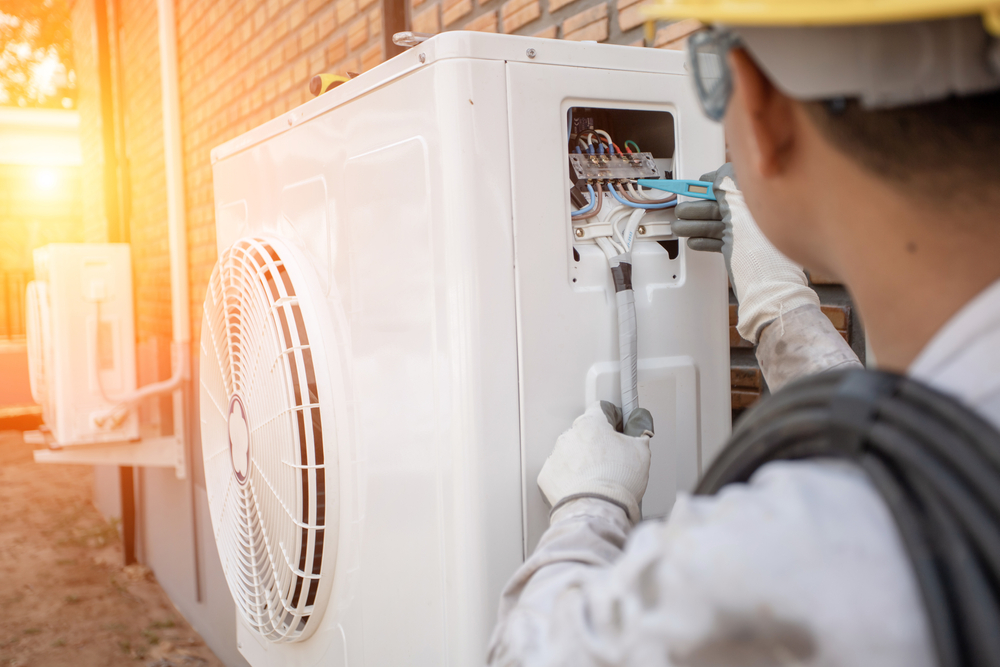
Nature and net zero should be placed at the heart of the economic recovery plans in the UK, says a report.
The analysis by the Environmental Audit Committee (EAC) warns that if the recovery from the coronavirus pandemic is not used as an opportunity to “grow back better”, climate change and biodiversity collapse may deliver an “even greater crisis”.
While the EAC notes Prime Minister Boris Johnson’s 10-point plan for a green industrial revolution “points in the right direction”, it said it is “not yet investible” and “underlying strategies need to be published rapidly to give industry confidence”.
Its report calls for the government to front-load its investment in areas such as energy efficiency, the circular economy, climate adaptation and nature recovery, to counter rising unemployment by creating green jobs.
UK’s responsibility to use the economic recovery to set the path for net zero, says EAC
EAC chairman Philip Dunne MP warned that the Covid-19 crisis must be treated as a “wake-up call” and said it is a symptom of a “growing ecological emergency”.
“The economic recovery will shape our national economy for decades to come, and it is crucial that tackling climate change and restoring nature is at its core,” he added.
“A tax system fit for net-zero Britain is key. It will encourage innovation, give confidence to the sector and support companies to make the low-carbon transition.”
Dunne claims there are “endless initiatives” that can lead to a greener future and called upon Chancellor Rishi Sunak to use his upcoming Budget statement to “start this process”.
As part of its report on how to “grow back better”, the EAC has made a list of recommendations to the UK government.
EAC recommendations on how to “grow back better”
Green transport
Air pollution has been linked to higher Covid-19 mortality rates, according to the EAC. It said the government should use the upcoming transport decarbonisation strategy to set out plans for long-term investment in public transport, and enhance travel infrastructure to support more walking and cycling in towns and cities.
The Committee claims it is also clear that “cutting-edge manufacturing processes” are required for the roll-out of electric vehicles and their batteries, with estimates suggesting the UK will require up to eight gigafactories.
It added that together, these initiatives will “improve the air we breathe, cut carbon and improve our health and fitness”.
The EAC has also called for the government’s road-building programme to be “rigorously assessed” against the UK’s air quality, biodiversity protection and climate change targets before individual projects proceed.
Homes and energy efficiency

The EAC recommended that the government introduce “embodied carbon targets” for the construction of new homes, so as to increase demand for low-carbon materials, thereby stimulating growth in low-emission manufacturing of traditional, local materials and promoting the use of new low-carbon materials.
It said the Green Homes Grant must be “overhauled” and given a multi-year extension if it is to meet the government’s target of issuing 600,000 vouchers. The scheme offers to cover at least two-thirds of the costs of insulation and other necessary energy-efficiency measures.
It was revealed on 8 February that, since the £2bn ($2.77bn) initiative started in September 2020, just 20,000 of the vouchers had been supplied. At that rate, the EAC calculated it would take more than 10 years to reach the 600,000 target.
Industry
The Committee highlighted that the hydrogen strategy is “long-overdue”, and believes its publication “cannot come soon enough” to offer incentives for the private sector to invest in hydrogen production – which could play a key role in the low-carbon energy mix.
The EAC said the government should “begin scoping work on a carbon tax” to incentivise low-carbon changes across the whole economy.
It has also called upon policymakers to “investigate the merits of carbon border adjustments”, to accompany work on a carbon tax, as one way of addressing carbon leakage.
Investment in nature
The nature recovery network that the government has promised “must not be an afterthought established after other infrastructure is built”, said the EAC.
It believes nature recovery must be “integral” to the government’s infrastructure plans. The Committee said it realises investment in nature recovery projects could protect UK wildlife, and could create thousands of job opportunities.
It added that the idea of a National Nature Service “should be piloted” – in partnership with conservation charities – to “test its feasibility and open up conservation opportunities”.
VAT reductions
In addition to promoting specific sectors, the EAC said wider tax changes could offer a “reset” to “design an economy fit for net-zero Britain”.
It believes this should include VAT reductions to repair services and items that have been recycled to “encourage a circular economy”.
The Committee said VAT reductions on energy efficiency upgrades in homes and tax incentives to encourage more take-up of ultra-low emission vehicles “could make greener options more attractive to consumers”. It added that the government should also “look wider” and “consider applying carbon taxes in areas across the economy”.


